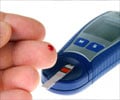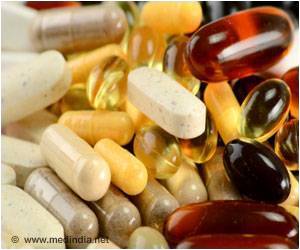In the wake of deaths and severe illness among US patients, Australian health authorities can upgrade warnings on Byetta – a new diabetes drug that mimics a hormone found in the saliva of a North American lizard.
According to the US Food and Drug Administration, which has announced tougher warnings on the product, six American patients developed a dangerous form of pancreatitis after taking the medication, and two died.This comes on top of more than 30 reports of non-fatal pancreas problems among US patients last October.
Australia’s Therapeutic Goods Administration (TGA) said relatively few Australians were taking Byetta, which was launched with much fanfare last September but will cost 200 Australian dollars a month until it wins a government subsidy.
However, one case of pancreatitis has been reported in Australia and the regulator is investigating whether it too will tighten warnings.
"The Australian product information currently contains warnings about the potential for pancreatitis to occur with this medicine,'' News.com.au quoted a TGA spokeswoman, as saying.
"The TGA will now review the new information to determine if strengthening of these warnings is required,” the rep added.
Advertisement
Byetta is designed as an innovative drug solution for the growing number of people struggling with ‘diabesity’, the twin scourges of type two diabetes and obesity.
Advertisement
It is subsidised in several European countries but the Australian committee charged with PBS approvals has rejected it twice for not demonstrating cost-effective benefits for weight management.
Pharmaceutical company Eli Lilly Australia said it was in discussions with the TGA over the latest reports and said it was continuously monitoring adverse events among patients.
Source-ANI
SRM














